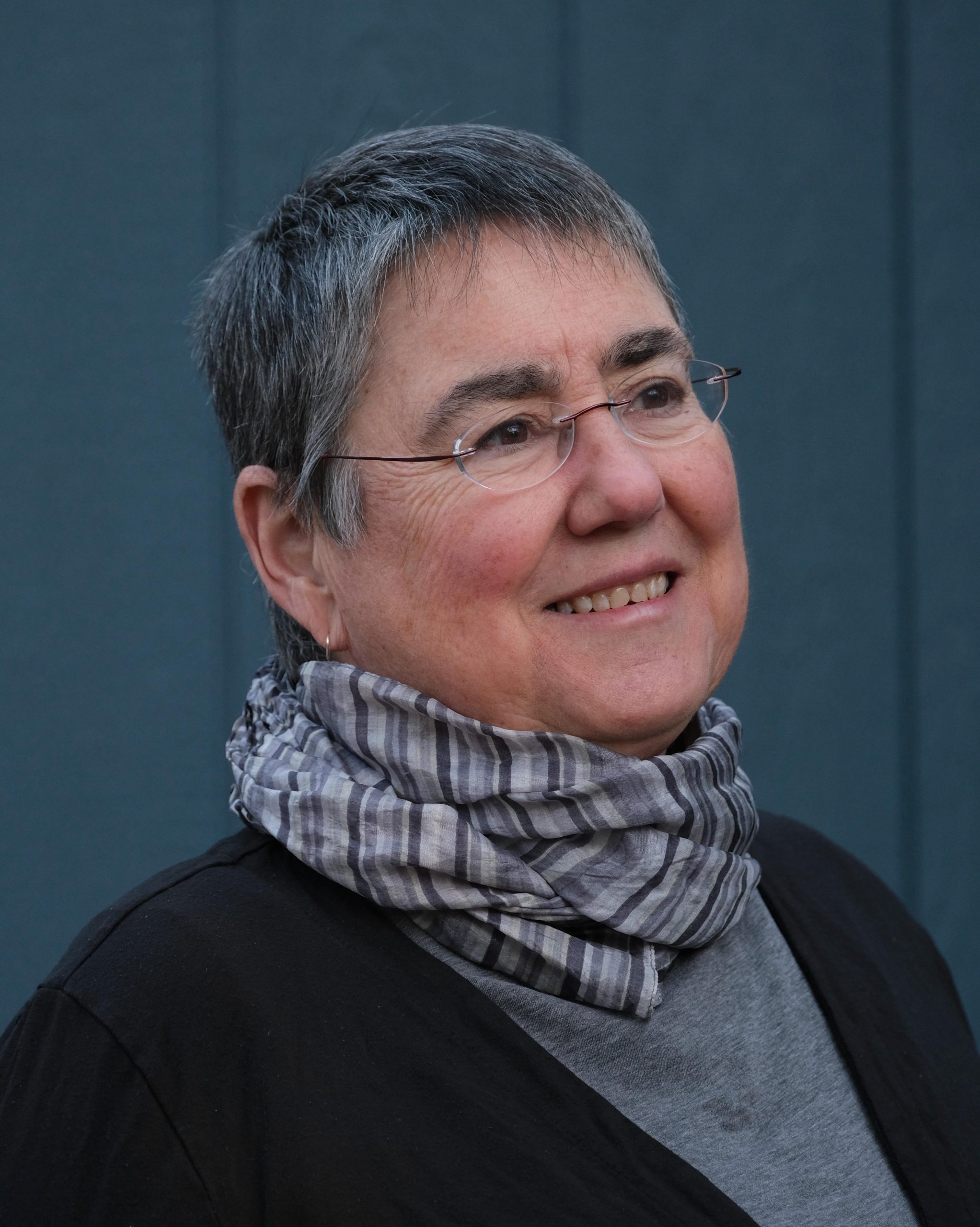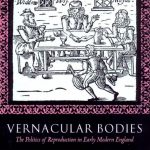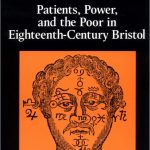
Mary E. Fissell, PhD
Institute for the History of Medicine
The Johns Hopkins University
1900 East Monument Street
Baltimore, MD 21205
Research interests
European health care and popular medicine, seventeenth and eighteenth centuries; early modern gender and the body; reproduction and abortion.
Bio
Mary E. Fissell is the Inaugural J. Mario Molina Professor of the History of Medicine in the Department of the History of Medicine at the Johns Hopkins University, where she also holds appointments in the Departments of History and History of Science and Technology. She currently serves as vice president of the AAHM, having edited the Bulletin of the History of Medicine for 15 years. She has been the recipient of fellowships from the NLM, the Folger Shakespeare Library, and the Davis Center at Princeton University.
Her scholarly work has focused on the patient’s perspective in the history of medicine; gender, sexuality, and the history of the body; popular culture; and books and reading in early modern England and the Atlantic world. Her book Vernacular Bodies (Oxford, 2004) analyzed how everyday ideas about making babies mediated large scale social, political, and religious change. She is currently completing a public-facing book on the long history of abortion, from antiquity to antibiotics, to be published by Basic Books in 2025. Fissell will then return to her book manuscript about Aristotle’s Masterpiece, the best-selling early-modern book on sex and reproduction. First published in 1684, it was still for sale, little-altered, in sleazy London sex shops of the 1920s. She seeks to develop new ways to think about what we used to call “popular” knowledge, ways that make it both more and less than the trickledown of elite thinking.
CV: Click here for Dr. Fissell’s 2024 CV
Publications
Books
 |
Vernacular Bodies: The Politics of Reproduction in Early Modern England, Oxford: Oxford University Press, 2004. |
|
|
Patients, Power and the Poor in Eighteenth-Century Bristol (Cambridge University Press, 1991) |
Selected Articles
“Remaking the Maternal Body in England, 1680–1730”, Journal of the History of Sexuality, Vol. 26, No. 1, January 2017, 114-139.
“Going Vernacular”, Journal of Women’s History, 22 (3), (2010): 209-213.
“When the Birds and the Bees Were Not Enough: Aristotle’s Masterpiece”, Public Domain Review, August 20, 2015, see here.
“Introduction: Women, Health, and Healing in Early Modern Europe”, Bulletin of the History of Medicine 82 [special issue on Women, Health, and Healing in Early Modern Europe] (Spring 2008): 1-17.
“The Politics of Reproduction in the English Reformation.” Representations 87 (Summer 2004): 43-81.
“Hairy Women and Naked Truths: Gender and the Politics of Knowledge in Aristotle’s Masterpiece,” William and Mary Quarterly, LX (2003): 43-74.
“Constructing Vermin in Seventeenth-Century England”, History Workshop Journal, no. 47 (1999), 1-29. Reprinted in Identity and Alterity, ed. William Chester Jordan and Angela Creager, Amsterdam: Brepols, 2001.
“Gender and Generation: Representing Reproduction in Early Modern England,” Gender and History 7 (1995), 433-456. Reprinted in The Sexualities in History Reader, ed. Kim Phillips and Barry Reay, London: Routledge, 2001.
Chapters
“Man-Midwifery Revisited”, in Reproduction: Antiquity to the Present Day, ed. Nick Hopwood, Rebecca Flemming, Lauren Kassell, (Cambridge: Cambridge University Press, 2018): 319-332.
“Aristotle’s Masterpiece”, in Reproduction: Antiquity to the Present Day, ed. Nick Hopwood, Rebecca Flemming, Lauren Kassell, (Cambridge: Cambridge University Press, 2018): 672.
“Popular Medical Books”, Joad Raymond, ed. Oxford History of Popular Print Culture, vol 1: Beginnings to 1660, (Oxford: Oxford University Press, 2011): 418-431. Volume is winner of the Sixteenth Century Society and Conference (SCSC) Bainton Literature Prize.
“The Doctor-Patient Relationship.” Robert Baker and Lawrence McCullough, eds., The Cambridge History of Medical Ethics, Cambridge: Cambridge University Press, (2009).
“Women in Healing Spaces”, Laura Lunger Knoppers, ed., The Cambridge Companion to Early Modern Women’s Writing (Cambridge: Cambridge University Press, 2009).
“The Marketplace of Print” in Mark Jenner and Pat Wallis, eds. Rethinking the Medical Marketplace, London: Palgrave (2007): 108-132.
“Making Meaning from the Margins: The New Cultural History of Medicine.” John Warner and Frank Huisman, eds., Medical History: The Stories and their Meanings, Baltimore: Johns Hopkins Press (2004).
with Roger Cooter, “Exploring Natural Knowledge: Science and the Popular in the Eighteenth Century”, Cambridge History of Science, vol. 4, Science in the Eighteenth Century, ed. Roy Porter, Cambridge University Press, (2003): 145-179
“Making a Masterpiece: The Aristotle Texts in Vernacular Medical Culture,” in Right Living: An Anglo-American Tradition of Self-Help Medicine ed. Charles E. Rosenberg, Baltimore: Johns Hopkins University Press, 2003.
Other publications, presentations, and media
“When the Birds and the Bees Were Not Enough: Aristotle’s Masterpiece”, Public Domain Review, August 20, 2015, http://publicdomainreview.org/2015/08/19/when-the-birds-and-the-bees-were-not-enough-aristotles-masterpiece/
“Pandemics Come and Go. The Way People Respond to Them Barely Changes.” Washington Post, May 7, 2020. https://www.washingtonpost.com/outlook/2020/05/07/coronavirus-bubonic-plague-london/
Podcast: “Aristotle’s Masterpiece: Early Modern Sex Ed”, Historical Perspectives On Contemporary Issues, CHSTM, https://www.chstm.org/earlymodernsexed
Teaching
SOM 150.705 History of Medicine: Antiquity to the Scientific Revolution (grad)
HSMT 140.105 History of Medicine: Antiquity to the Scientific Revolution
